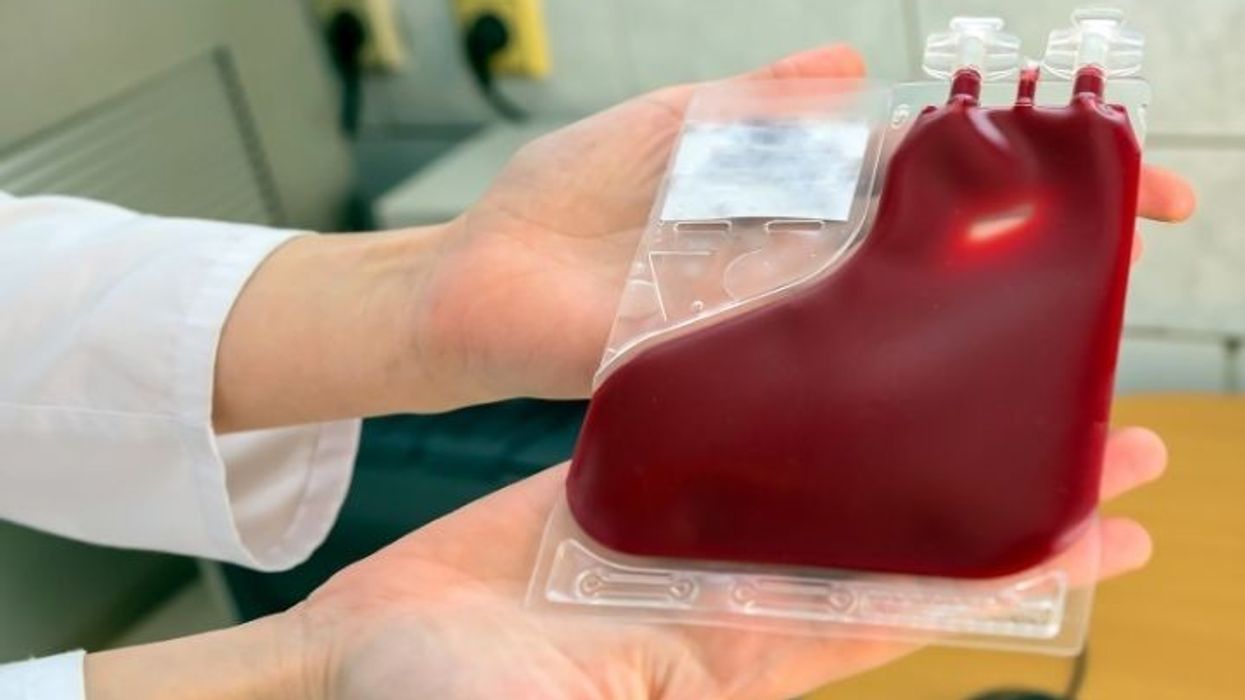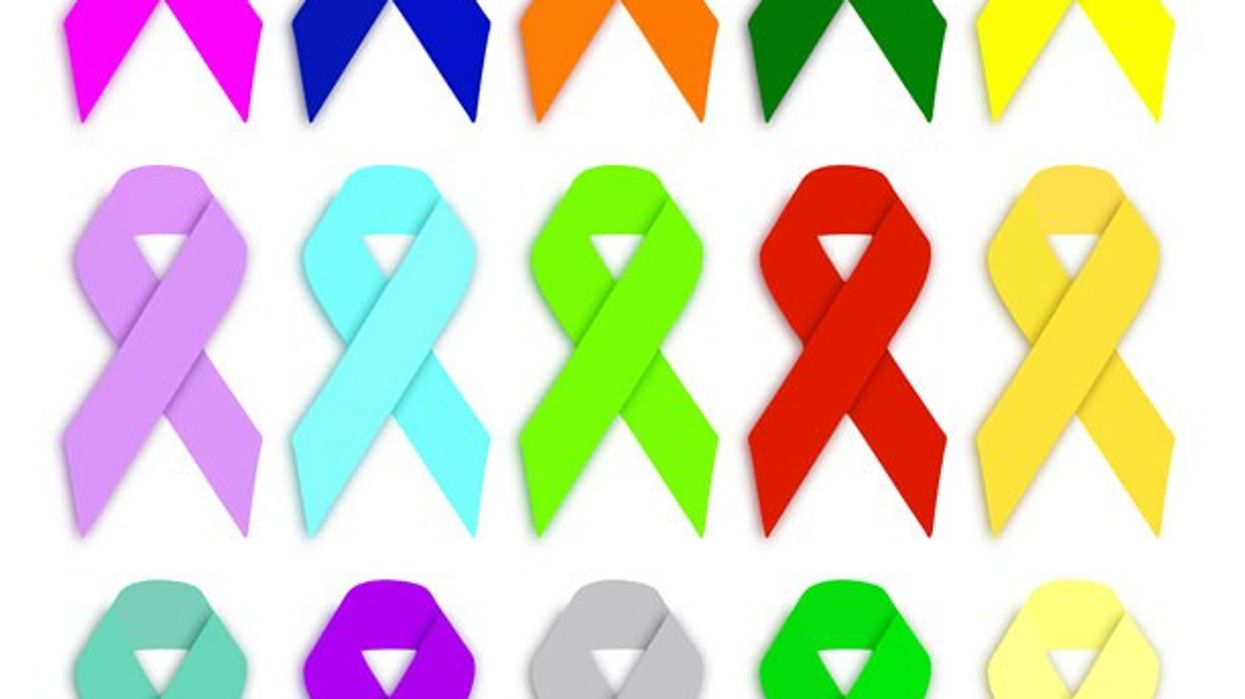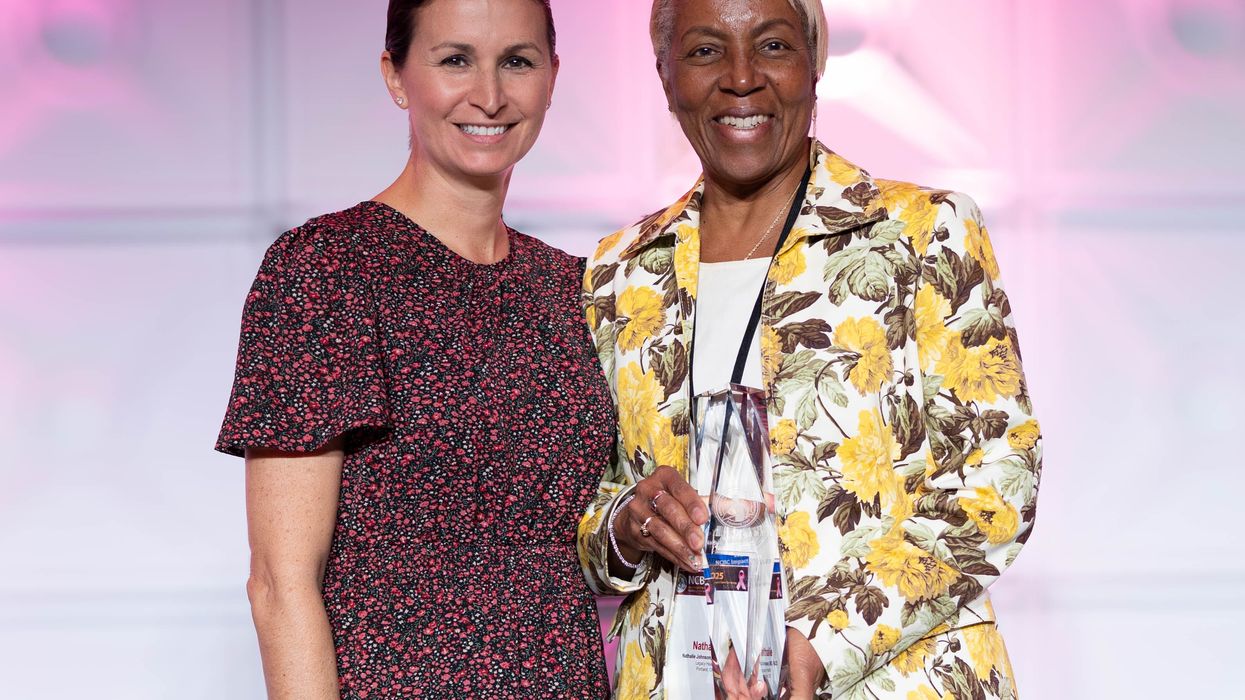This article is dedicate in loving memory to my best friend Tonina O'Brien, who courageously fought cervical cancer for 2 years. You can read more about our journey in my story about being a caregiver.
January is cervical cancer awareness month, but it shouldn't stop there. When we think of cancer that primarily targets women, we think of breast cancer, however, there are numerous gynecological cancers that don't get the same amount of attention and research. Cervical cancer, which is a type of cancer in the lower part of the uterus connecting to the vagina. One of the top causes of cervical cancer is persistent infection with high-risk types of human papillomavirus (HPV), a common sexually transmitted infection At one point, cervical cancer was the most common cancer deaths amongst women. Through years of research it was found with proper screening and prevention methods numbers have started to level out. When my best friend Nina found out she had cervical cancer I realized how common, yet unknown this form of cancer really was.
Signs & Symptoms
Cervical cancer can be tricky. In its initial stages, cervical cancer may not present noticeable symptoms. Nina found her cervical cancer through a normal yearly pap smear. As the disease progresses, individuals might experience more obvious symptoms such as:
- Abnormal vaginal bleeding: This includes bleeding between periods, after sexual intercourse, or post-menopause.
- Unusual vaginal discharge: A watery, bloody discharge that may have a foul odor.
- Pelvic pain: Discomfort during intercourse or at other times.
Advanced stages can lead to more severe symptoms such as leg pain or swelling, fatigue, and weight loss. mayoclinic.org
Treatment Options
Treatment for cervical cancer depends on factors like the cancer's stage, the patient's overall health, and personal preferences. In Nina's case, the original plan was a radical hysterectomy. When we realized her cancer had spread, we moved on to other options. Standard treatments include:
- Surgery: Early-stage cervical cancer is often treated with surgical procedures such as a hysterectomy, which involves the removal of the uterus and cervix.
- Radiation therapy: High-energy beams are used to target and destroy cancer cells.
- Chemotherapy: Utilizing drugs to kill cancer cells, often used in combination with radiation therapy.
- Immunotherapy: For advanced cases, drugs like pembrolizumab (Keytruda) have been approved to enhance the immune system's ability to combat cancer cells. aacr.org
Innovative Treatments and Research
When Nina was going through her battle with cancer in 2016 and 2017 immunotherapy was relatively new. More recent advancements offer hope for improved survival rates and treatment efficacy:
- Neoadjuvant Chemotherapy: Administering chemotherapy before the standard chemoradiation treatment has shown promise. A study indicated that this approach could help individuals with locally advanced cervical cancer live longer. cancer.org
- Antibody-Drug Conjugates: Tisotumab vedotin (Tivdak) is a novel therapy that combines an antibody with a chemotherapy drug, specifically targeting cancer cells. Clinical trials have demonstrated its effectiveness in treating recurrent or metastatic cervical cancer. verywellhealth.com
- HPV Vaccination: Preventive measures remain crucial. The HPV vaccine has significantly reduced the incidence of cervical cancer. However, recent data shows a decline in vaccine uptake among teenagers, underscoring the need for increased awareness and vaccination efforts. thetimes.co.uk
Ongoing research and clinical trials continue to explore new treatments and strategies to combat cervical cancer, aiming to improve patient outcomes and work towards the potential eradication of the disease in the future. The two most important things to do is get your pap smear every year and, if you're eligible, get your HPV shot. Read about it, learn about it, and be aware of it.










 Ragina Ireland has been lovingly supported throughout her cancer journey by her sister, Johnnie Ireland. Four years ago, Ragina took a Cancer Genetic Risk Assessment test to help give her sister a clearer understanding of her own risk for developing breast cancer.
Ragina Ireland has been lovingly supported throughout her cancer journey by her sister, Johnnie Ireland. Four years ago, Ragina took a Cancer Genetic Risk Assessment test to help give her sister a clearer understanding of her own risk for developing breast cancer. 




 Dr. Cary S. Kaufman teaches the "Essentials of Oncoplastic Surgery" course through the National Consortium of Breast Centers, providing breast surgeons around the world with advanced techniques for optimal breast surgery outcomes.
Dr. Cary S. Kaufman teaches the "Essentials of Oncoplastic Surgery" course through the National Consortium of Breast Centers, providing breast surgeons around the world with advanced techniques for optimal breast surgery outcomes.

